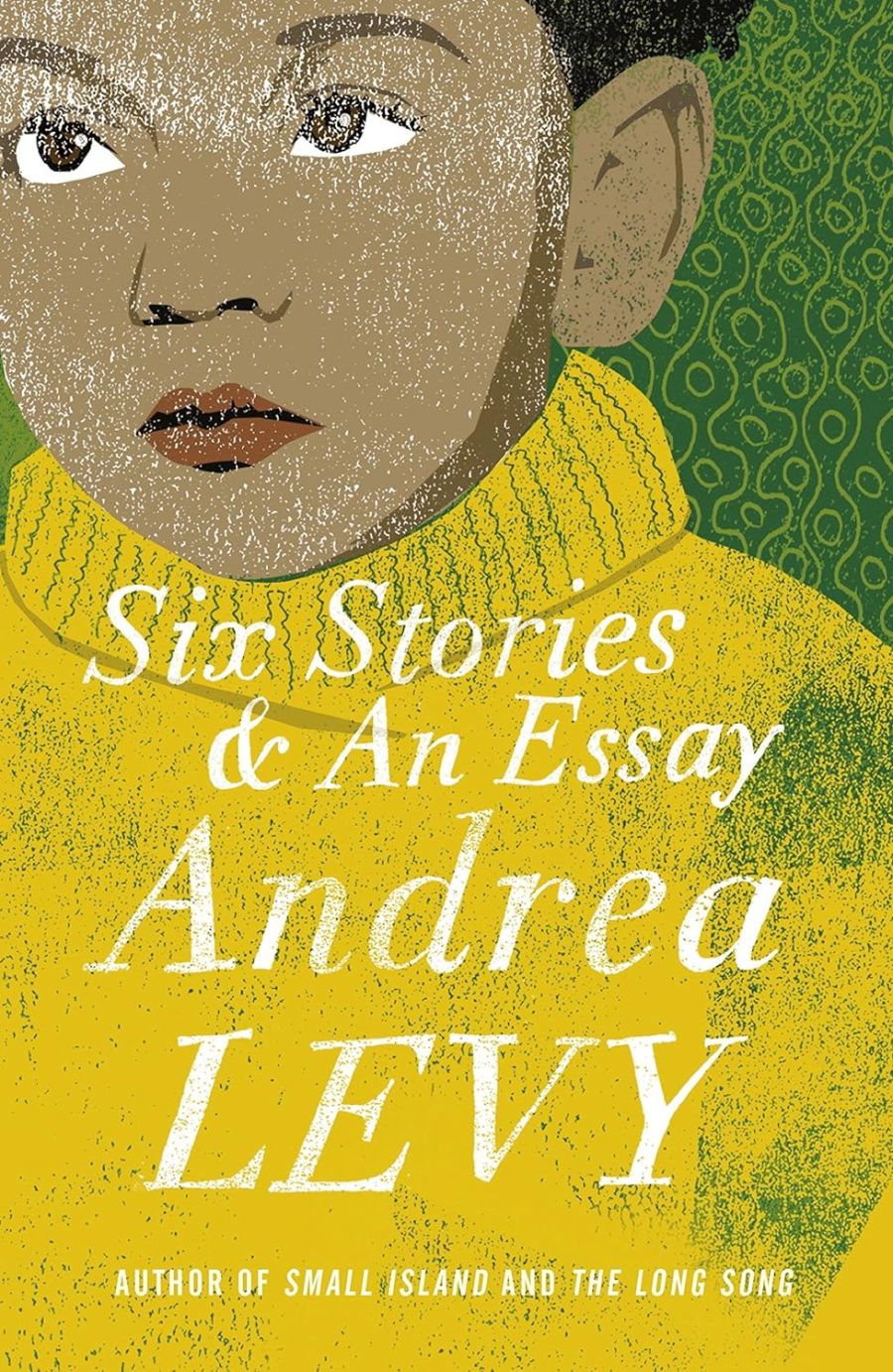
Six Stories & an Essay
About the book
This collection opens with an essay about how writing has helped Andrea Levy to explore and understand her heritage. She explains the context of each piece within the chronology of her career and finishes with a new story, written to mark the centenary of the outbreak of the Great War in 1914. As with her novels, these stories are at once moving and honest, deft and humane, filled with insight, anger at injustice and her trademark lightness of touch.
Extract
From ‘Loose Change’
I am not in the habit of making friends of strangers. I’m a Londoner. Not even little grey-haired old ladies passing comment on the weather can shame a response from me. I’m a Londoner – aloof sweats from my pores. But I was in a bit of a predicament; my period was two days early and I was caught unprepared.
I’d just gone into the National Portrait Gallery to get out of the cold. It had begun to feel, as I’d walked through the bleak streets, like acid was being thrown at my exposed skin. My fingers were numb searching in my purse for change for the tampon machine; I barely felt the pull of the zip. But I didn’t have any coins. I was forced to ask in a loud voice in this small lavatory.
‘Has anyone got three twenty-pence pieces?’
Everyone seemed to leave the place at once – all of them Londoners I was sure of it. Only she was left – fixing her hair in the mirror.
‘Do you have change?’ She turned round slowly as I held out a ten pound note. She had the most spectacular eyebrows. I could see the lines of black hair, like magnetised iron fillings, tumbling across her eyes and almost joining above her nose. I must have been staring to recall them so clearly. She had wide black eyes and a round face with such a solid jawline that she looked to have taken a gentle whack from Tom and Jerry’s cartoon frying pan. She dug into the pocket of her jacket and pulled out a bulging handful of money. It was coppers mostly. Some of it tinkled on to the floor. But she had change: too much – I didn’t want a bag full of the stuff myself.
‘Have you a five pound note as well?’ I asked.
She dropped the coins on it to the basin area, spreading them out into the soapy puddles of water that were lying there. Then she said, ‘You look?’ She had an accent but I couldn’t tell then where it was from; I thought maybe Spain.
‘Is this all you’ve got?’ I asked. She nodded. ‘Well look, let me just take this now …’ I picked three coins out of the pile. ‘Then I’ll get some change in the shop and pay them back to you.’ Her gaze was as keen as a cat with string. ‘Do you understand – only I don’t want all those coins?’
‘Yes,’ she said softly.
I was grateful. I took the money. But when I emerged from the cubicle the girl and her handful of change were gone.
I found her again staring at the portrait of Darcy Bussell. Her head was inclining from one side to the other as if the painting were a dress she might soon try on for size. I approached her about the money but she just said, ‘This is good picture.’ Was it my explanation left dangling or the fact that she liked the dreadful painting that caused my mouth to gape?
Reviews
Moving, funny, gloriously well-written
Throughout her career, Levy has demonstrated how fiction, through its ability to humanize, can act as a corrective to the historical record
In the autobiographical essay that opens this collection, Levy writes about her early life, growing up in London. “My mum would get embarrassed if she saw a black person drawing attention to themselves,” she recalls. “It drew attention to her as well, and she hated that.” This brief introductory essay describes how her parents moved to the UK from Jamaica, her own upbringing as a light-skinned black girl in 1960s England, and how she later visited the Caribbean and learned much more about world history and her own. “My heritage is Britain’s story too,” she deftly argues, and this slim collection shows, in ways both subtle and compelling, how this is so
Six Stories & An Essay is about people and history. Levy's characters give voices to people who may not normally be represented in literature - we have the soldiers from Jamaica who serve the British Army in WW1 but then are dismissed for their heroic actions and are treated like second class citizens. There are the young children from working class backgrounds living on council estates where there is nothing to do other than punish and play with each other. The Immigration experience is explored on both sides - from the people who move to England and in Loose Change, Levy explores the behaviour of the offspring of immigrants and way they see immigrants. Levy writes with lots of honesty and humour
These stories are hard hitting, not warm and fuzzy. They make you shudder, and think, and question. They can make you ashamed to be human, to be a part of such a society. They left me saddened, and angry. Yet despite this, I wanted more. Andrea Levy writes with honesty. More should do the same
I cannot recommend this book highly enough. It offers history and self deprecating humour, a deftly executed eye opener that neither parries nor preaches. These are, first and foremost, stories to be enjoyed. That each resonates with a message that all would benefit from heeding does not detract in any measure from their value as entertaining reads